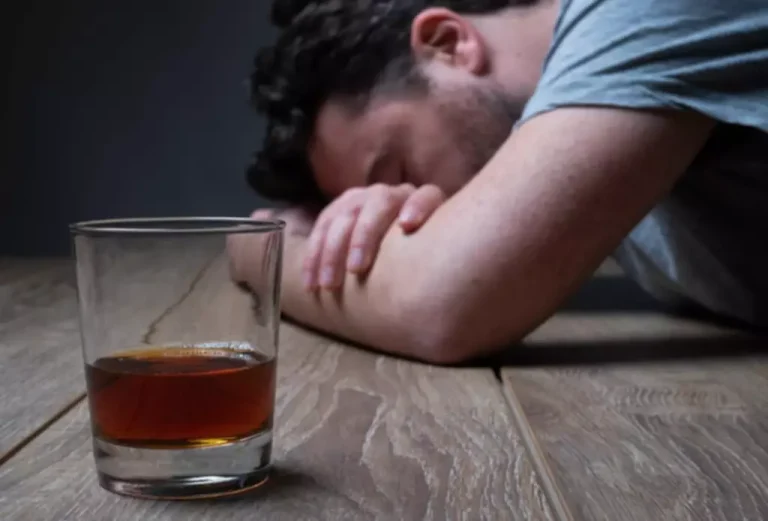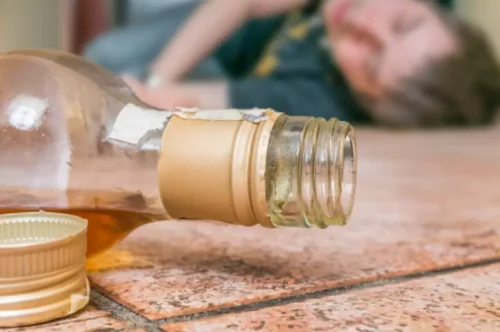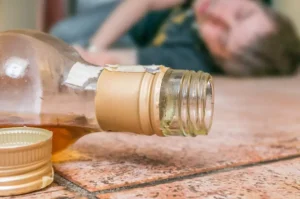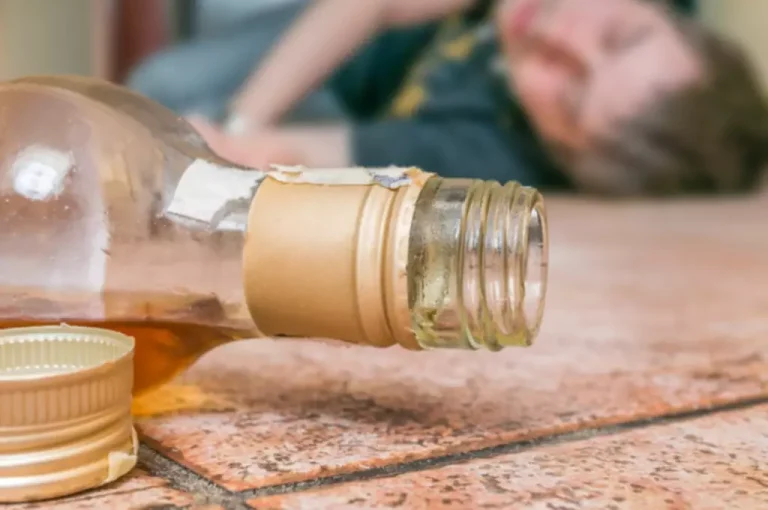
In 2018, legislation was passed that imposed new statewide Hope House Boston Review licensing requirements for sober living homes. The Department of Health Services finalized rules relating to the licensure of sober living homes, and the rules became effective as of July 1, 2019. Learn about the benefits of these programs and how they help people move from intensive addiction treatment to life. These operators specifically stated that they did not wish to accommodate transgender residents at their homes. This suggests that the state may have a strong need for LGBTQ+ affirming sober living homes, as well. Many sober living homes in Pennsylvania will need to pony up for official state licenses in order to continue operating in the state.
- With so-called “voluntary” licensure and certification mandates, there is no formal requirement that sober living facilities must receive state approval to operate.
- They provide safe, affordable, and supportive housing for people in recovery and are financially sustained through resident fees.
- If you or someone you know is considering a sober living house, HealingUS is here to guide you every step of the way.
- These professionals can provide guidance tailored to the specific jurisdiction in which the facility operates, ensuring that operators have accurate and up-to-date information.
- Our physician-led, evidence-based rehab programs include medical detox, inpatient and outpatient rehab, and a full continuum of care in between.
In difficult times, it’s helpful to be reminded of all the good things that came as a result of getting sober.
It is not just about performing these steps; it’s more about setting the right objectives and then aligning these steps to get the desired outcomes. Remember every minor detail has to be mirroring the overarching objective you have, every little step has to complement what you have identified as your end goal. Furthermore, licensing requirements often include a background check for operators and staff members involved in the management of the sober living home. This is done to ensure that individuals with a history of criminal activity or misconduct are not involved in the provision of care to vulnerable residents. Background checks help to maintain the integrity and trustworthiness of the facility’s management team. Obtaining a license for a sober living home involves navigating a complex web of requirements and procedures.
How to Open a Sober Living Home in California

This bill reflects bipartisan efforts to balance support for recovery and community safety. By offering a supportive and structured environment, sober living homes play a pivotal role in preventing relapse and promoting personal growth. Key to the success of sober living homes is the creation of a community that fosters long-term sobriety. Residents must often participate in regular drug testing, adhere to house rules, and engage in shared responsibilities. Make a business plan to identify your goals and streamline the process of opening your sober living home. You will want to write down your company name, mission, description and services, determine what type of residence you will purchase or rent, how many residents you will accommodate at any given time, and what services you will provide.
You Aren’t Required to Get Your Sober Living Home Certified in Florida – But There’s A Catch
- Join our behavioral health community and be the first to know about high-quality behavioral health companies for sale.
- Operators may need to undergo inspections and obtain certifications from relevant agencies to verify compliance with these standards.
- Several states like Florida, Maryland, Massachusetts, Missouri, and Rhode Island, are under development in Pennsylvania, and may be proposed elsewhere.
- FARR’s decisions regarding the certification of sober living homes are subject to formal administrative review by the Department of Children and Families (DCF) pursuant to Chapter 120 laws and rules.
- Despite efforts to demystify the licensing process, several misconceptions persist regarding sober living home licensing.
This ensures that residents receive appropriate support and services, ranging from counseling and therapy to access to healthcare resources. Additionally, the regulatory framework helps to protect residents from potential exploitation or negligence by requiring operators to adhere to specific guidelines and best practices. The role that the state itself takes in providing the licensure or certification varies. In some states, the same department that licenses treatment centers also oversees sober living facilities. In other states, the oversight and certification process are outsourced to a third-party, like affiliates of the National Association of Recovery Residences (“NARR”) or other agencies. In these states, the legislature and regulations provide guidance about the requirements for operation, but the third-party is responsible for creating more detailed rules and guidelines for facilities.
Think about the Licensing Requirements for a Sober Living Home

Our all-in-one software solution for sober living tracks all the details of your home — resident agreements, beds, maintenance, scheduling, turnover, utilities — and makes them available to you anytime, anywhere, from any device. Read on for everything you need to know about how to open a sober living home in Florida. For example, there is only one licensed mixed-gender (or couple’s) home in the entire state.

Knowing that the facility has met certain standards and is subject to oversight by regulatory bodies can alleviate concerns about safety and the quality of care received. Licensed facilities are more likely to have proper protocols in place for emergencies, well-trained staff members, and access to appropriate resources for recovery support. When selecting a sober home for your loved one, it is important to take a moment to make sure they have the proper accreditation and licenses needed to legally run a drug and alcohol addiction treatment facility. The city of Encinitas watched, and waited, for five years as the city of Costa Mesa waged a fierce and costly legal battle to regulate sober homes. This implies that sober living facilities that provide post-treatment care do not require a state license application.
